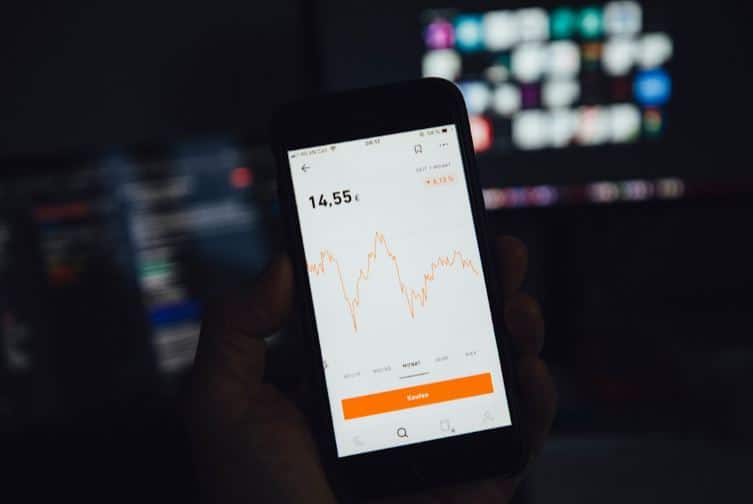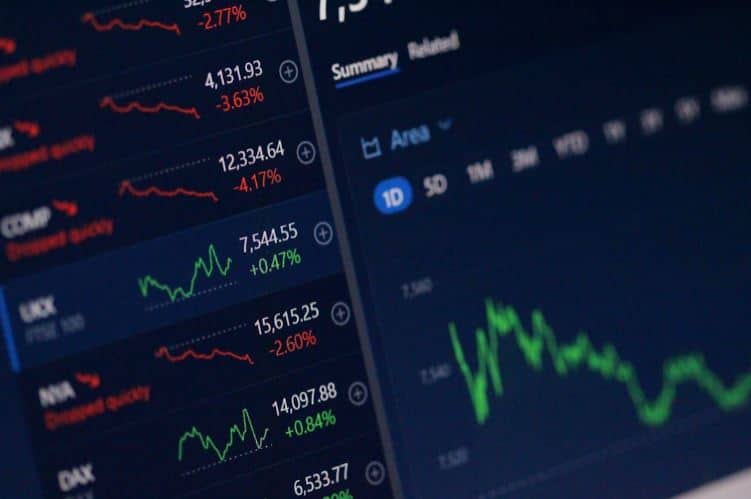Stock trading has always been a high-stakes game in which investors and traders strive to make profitable decisions in a volatile market. The rise of machine learning technology has transformed the way traders approach the stock market, offering powerful tools and insights to help them make more informed decisions. In this blog post, we will explore the role of machine learning in stock trading and how it is revolutionizing the industry.
What is Machine Learning?
Machine learning is a subfield of artificial intelligence that focuses on developing algorithms and models that allow computers to learn from data and make predictions or decisions without being explicitly programmed. In stock trading, machine learning algorithms can analyze massive amounts of financial data, detect patterns, and predict future stock price movements.
Benefits of Machine Learning in Stock Trading
There are several key benefits of using machine learning in stock trading, including –
- Efficient data analysis – Machine learning algorithms can analyze vast amounts of financial data much faster and more efficiently than human traders, enabling them to make quicker and more accurate decisions.
- Predictive modeling—Machine learning models can analyze historical stock price data and accurately predict future price movements, helping traders identify profitable trading opportunities.
- Risk management – Machine learning algorithms can help traders assess and manage risks by identifying potential market trends and fluctuations, enabling them to make more informed decisions.
- Automated trading—Machine learning algorithms can automate trading strategies, allowing traders to execute trades quickly and efficiently without human intervention.

Types of Machine Learning Models in Stock Trading
Several types of machine learning models are commonly used in stock trading, including –
- Regression models – These models predict continuous outcomes, such as stock prices based on historical data.
- Classification models—These models classify stocks into different categories based on features or characteristics such as buy or sell signals.
- Time series analysis – This approach analyzes sequential data points over time to predict future stock price movements.
- Reinforcement learning – This type of machine learning involves training a model to make decisions based on feedback from the environment, such as rewards or penalties for specific actions.
Challenges of Machine Learning in Stock Trading
While machine learning offers many advantages in stock trading, there are also several challenges that traders must overcome, including –
- Overfitting occurs when a machine learning model performs well on historical data but fails to generalize to new data, leading to inaccurate predictions.
- Data quality – Machine learning algorithms are only as good as the data they are trained on, so it is essential to ensure that the data used is accurate, reliable, and current.
- Market volatility – Stock markets are inherently unpredictable and subject to sudden fluctuations, making it challenging for machine learning models to make accurate predictions.
- Regulatory constraints—Using machine learning in stock trading is subject to regulatory oversight and compliance, which can hinder the implementation of advanced algorithms.
Future Trends in Stock Trading Machine Learning
Despite these challenges, the future of stock trading looks bright with the continued advancement of machine learning technology. Some key trends to watch out for in the coming years include –
- Deep learning—Deep learning algorithms, such as neural networks, are becoming increasingly popular in stock trading because they can analyze complex patterns in data and make accurate predictions.
- Natural language processing – This technology enables computers to understand and interpret human language, allowing traders to gain valuable insights from news articles, social media, and other textual data sources.
- Quantum computing – Quantum computers have the potential to revolutionize stock trading by processing vast amounts of data at lightning speed and solving complex optimization problems that are beyond the capabilities of traditional computers.
- Explainable AI—As machine learning algorithms become more complex, there is a growing need for transparency and explainability in their decision-making processes to build trust and confidence among traders and regulators.

Machine learning technology is reshaping the stock trading industry, offering traders powerful tools and insights to make more informed decisions and drive profitability. By leveraging advanced algorithms and models, traders can gain a competitive edge in the dynamic and fast-paced world of stock trading. As the technology continues to evolve, traders need to stay informed about the latest developments and trends in machine learning to stay ahead of the curve. With the right approach and strategy, machine learning can revolutionize how traders approach stock trading and unlock new opportunities for success.
Related Topics About Stock Trading Machine Learning
Apps To Learn Stock Trading,
How Learn Stock Market Trading,
How Long Does It Take To Learn Trading Stocks,
How To Learn Stock Market Trading Free,
Learn Trading Technical Analysis,
Machine Learning In Stock Market Trading,
Machine Learning In Stock Trading,
Stock Market Machine Learning Analysis,
Stock Market Machine Learning Applications,
Stock Market Machine Learning Techniques,
Stock Trading Using Machine Learning,
Using Machine Learning For Stock Trading
Content 10/10/G





